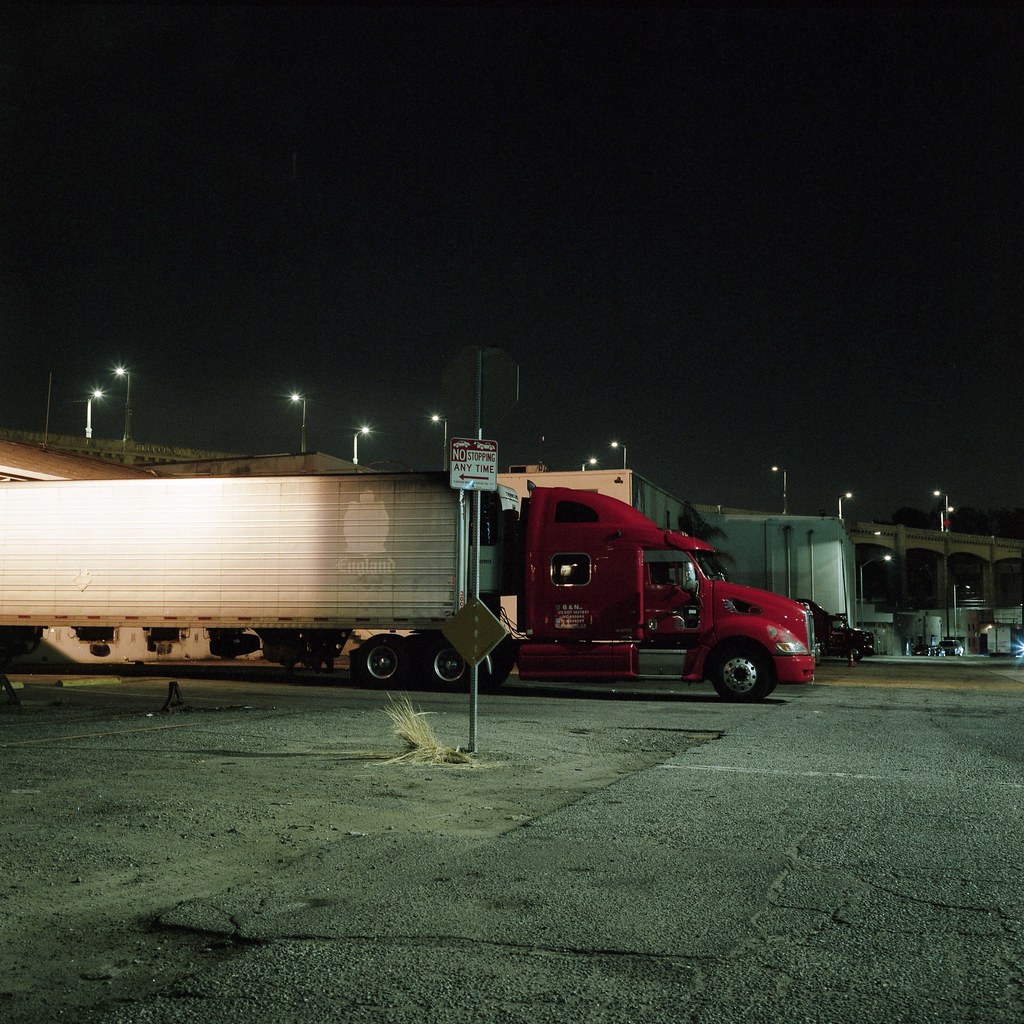
No Stopping [eastside, LA]: photo by Andrew Murr, 8 January 2018
It is important to continue on down this road
any way out is a way down or at least a way out
to worry about
to worry about
even though what lies around the next corner
might be the thing we buried under this road
and it might be better that that stayed buried
back up along the coast
and it might be better that that stayed buried
back up along the coast
It is not as though there were not warnings to
go around no there were more than enough of
those to attend to but we had the burial to
worry about and
any way out is a way down or at least a way out
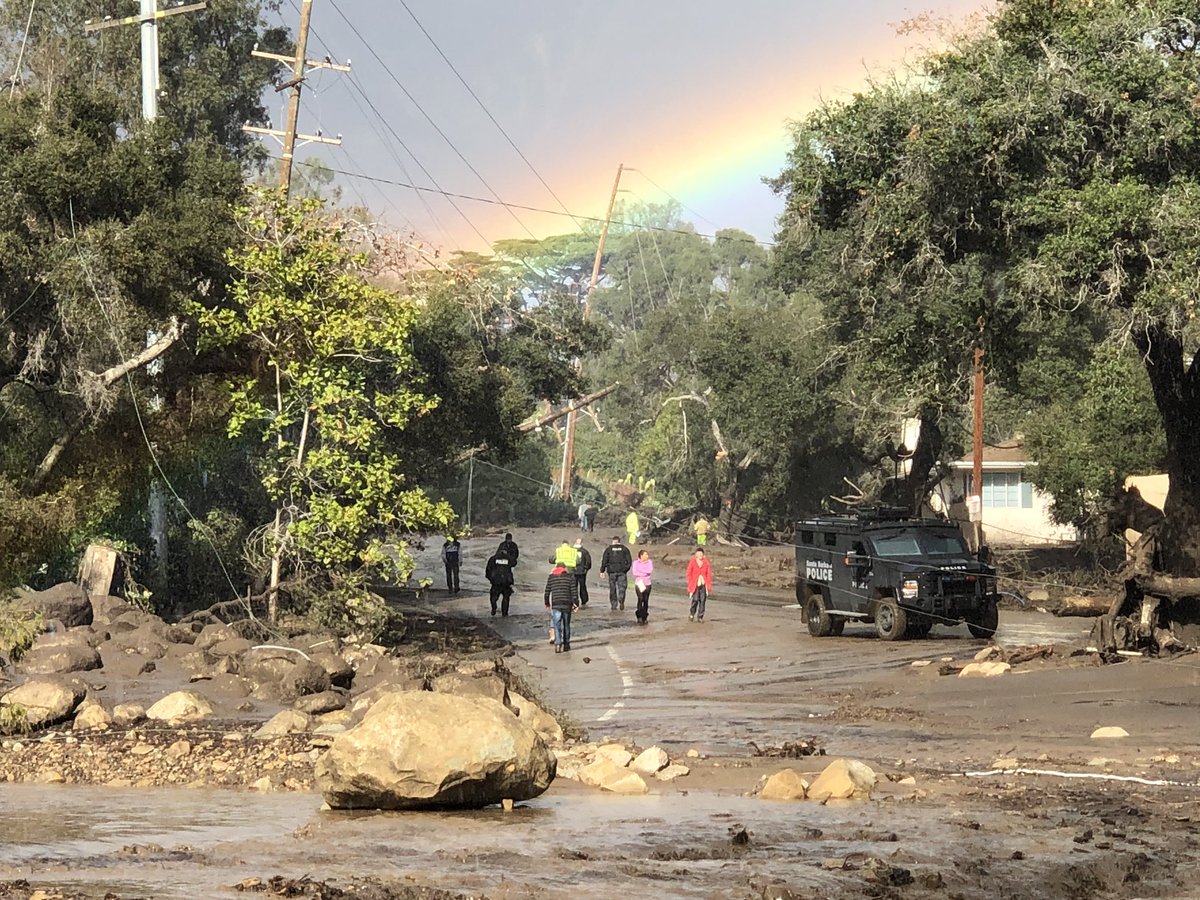
#CA storm - rainbow forms above Montecito while law enforcement and the curious survey the destruction on Hot Springs Road in Montecito. Deadly overnight mudflow and debris destroyed several homes in the area.: image via SBCFireInfo @EliasonMike, 9 January 2018
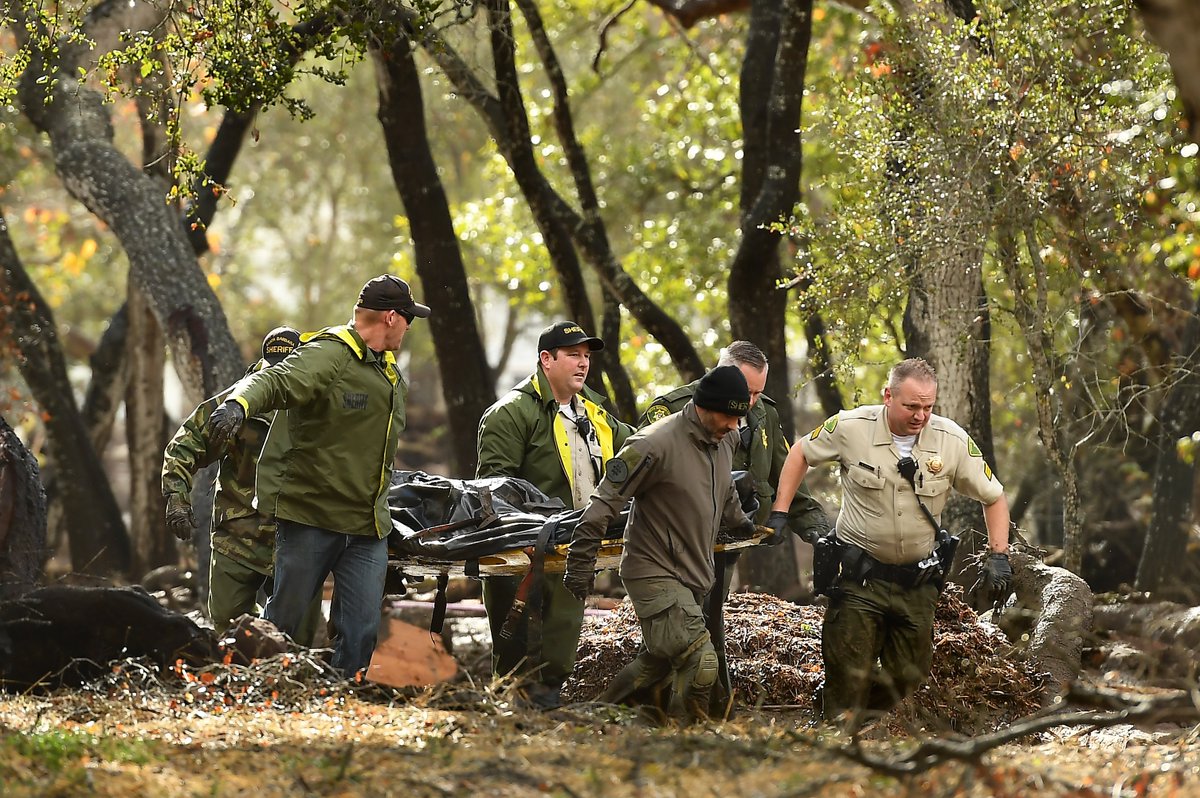
At least 13 dead as heavy rains trigger flooding, mudflows and freeway closures across Southern California Photo @WallySkalij: image via L.A. Times Photos @latimesphotos, 9 January 2018

The death toll has increased: At least 13 dead as heavy rains trigger flooding, mudflows and freeway closures across Southern California: image via Los Angeles Times @latimes, 9 January 2018
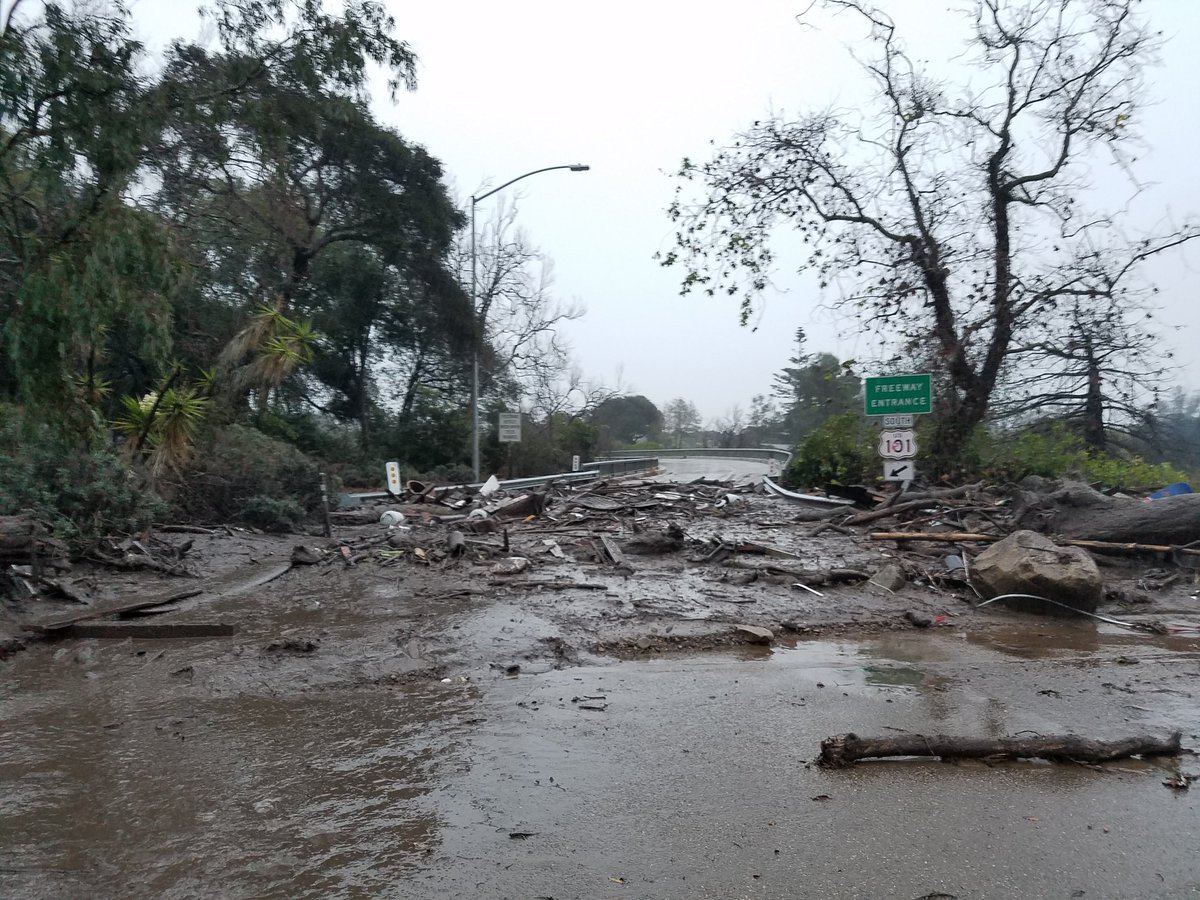

Rio Grande Bosque, Sandoval County, New Mexico: photo by Jorge Guadalupe Lizàrraga, 1 January 2018

Rio Grande Bosque, Sandoval County, New Mexico: photo by Jorge Guadalupe Lizàrraga, 1 January 2018

Rio Grande Bosque, Sandoval County, New Mexico: photo by Jorge Guadalupe Lizàrraga, 1 January 2018

Couch negotiation, 1952 | Look Magazine, November 18, 1952. I have no idea.: image via Michael Ryerson, 8 January 2018

Give 'em something to remember, 1952 | Photo by Dennis Stock, New York, 1952.: image via Michael Ryerson, 8 January 2018

Bite this off, Joan Crawford, 1956. Joan Crawford asks her assistant to bite off a loose thread from her dress at the Dorchester Hotel, London, 1956.: image via Michael Ryerson, 1 November 2017
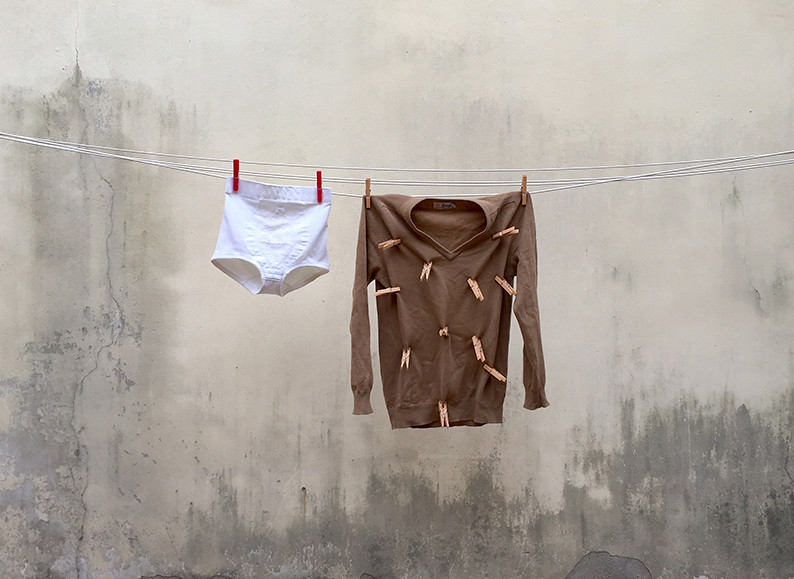
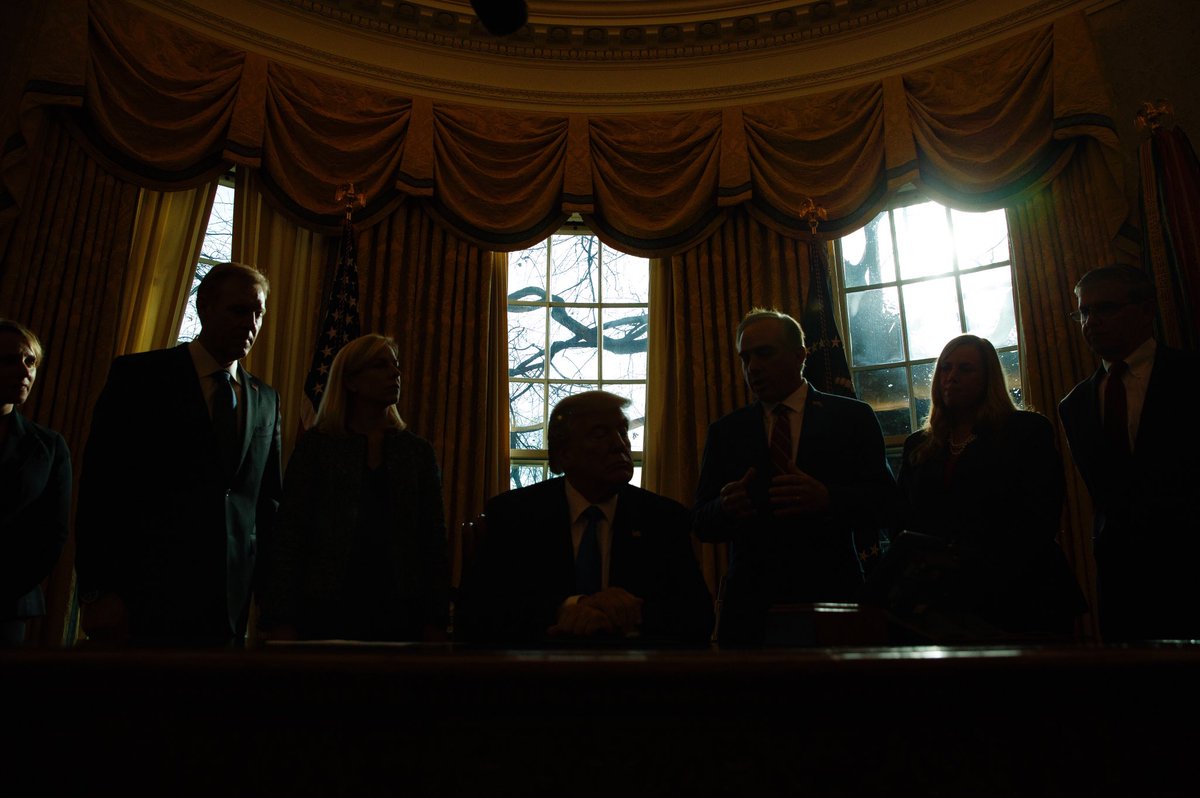
President #Trump speaks before signing an executive order in the Oval Office.: image via Evan Vucci @evanvucci, 9 January 2018

Probably the most fascinating pool spray I've ever done: image via Evan Vucci @evanvucci, 9 January 2018
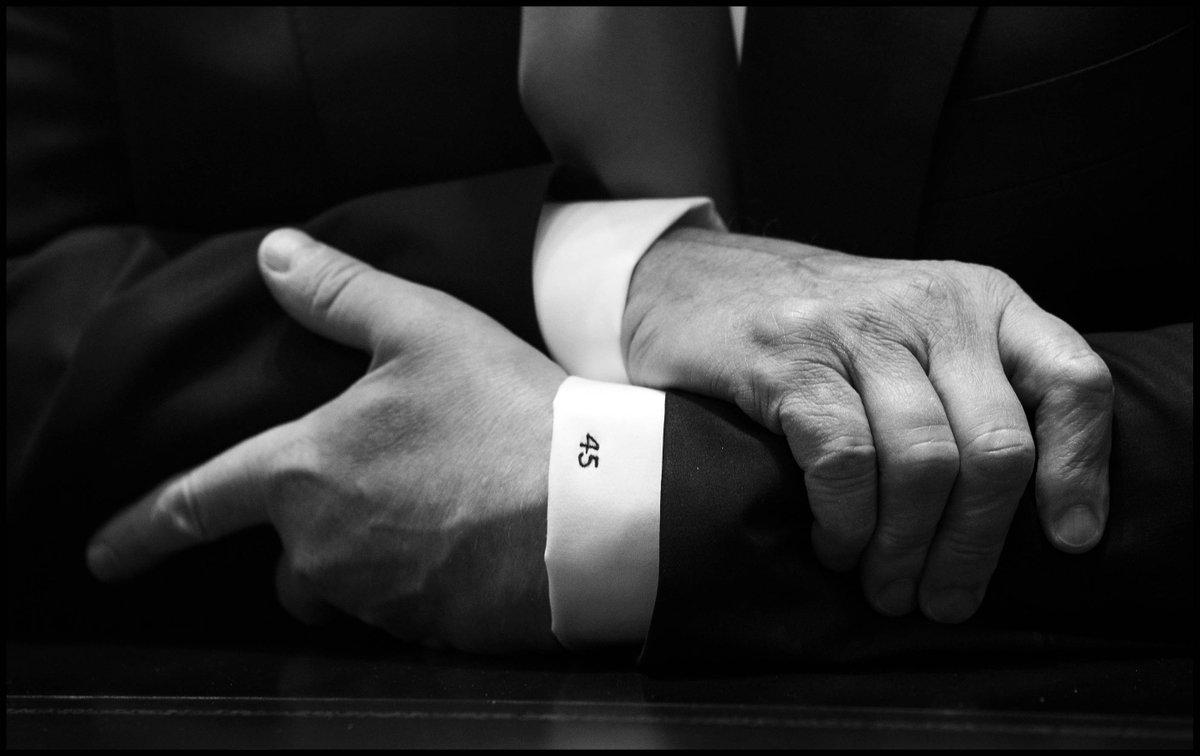
@realDonaldTrump's hands are seen as he listens to members of congress discuss Immigration reform in the Cabinet Room of the White House. #45POTUS: image via Doug Mills @dougmillsnyt, 9 January 2018

@realDonaldTrump'discusses Immigration issues with @WhipHoyer and @SenDurbin during a record long pool spray by the White House Press pool. #Immigration #DACA #access: image via Doug Mills @dougmillsnyt, 9 January 2018

@realDonaldTrump watches the #NationalChampionship with members of the ROTC: image via Doug Mills @dougmillsnyt, 8 January 2018

@realDonaldTrump sings national anthem at the National College Football Championship game at the Mercedes-Benz Stadium in Atlanta, GA #NationalChampionship #TrumpTower #NationalAnthem: image via Doug Mills @dougmillsnyt, 8 January 2018

@realDonaldTrump waves from the back of his SUV as he arrives at Joint Base Andrews for a trip top TN & GA. #trump 's hands are seen as he listens to members of congress discuss Immigration reform in the Cabinet Room of the White House. #45POTUS: image via Doug Mills @dougmillsnyt, 9 January 2018

@realDonaldTrump makes a statement about the economy via video as @PressSec looks on during her briefing at the White House: image via Doug Mills @dougmillsnyt, 4 January 2018

@realDonaldTrump's hands are seen as he listens to members of congress discuss Immigration reform in the Cabinet Room of the White House. #45POTUS: image via Doug Mills @dougmillsnyt, 9 January 2018

@realDonaldTrump'discusses Immigration issues with @WhipHoyer and @SenDurbin during a record long pool spray by the White House Press pool. #Immigration #DACA #access: image via Doug Mills @dougmillsnyt, 9 January 2018

@realDonaldTrump watches the #NationalChampionship with members of the ROTC: image via Doug Mills @dougmillsnyt, 8 January 2018

@realDonaldTrump sings national anthem at the National College Football Championship game at the Mercedes-Benz Stadium in Atlanta, GA #NationalChampionship #TrumpTower #NationalAnthem: image via Doug Mills @dougmillsnyt, 8 January 2018

@realDonaldTrump waves from the back of his SUV as he arrives at Joint Base Andrews for a trip top TN & GA. #trump 's hands are seen as he listens to members of congress discuss Immigration reform in the Cabinet Room of the White House. #45POTUS: image via Doug Mills @dougmillsnyt, 9 January 2018

@realDonaldTrump makes a statement about the economy via video as @PressSec looks on during her briefing at the White House: image via Doug Mills @dougmillsnyt, 4 January 2018
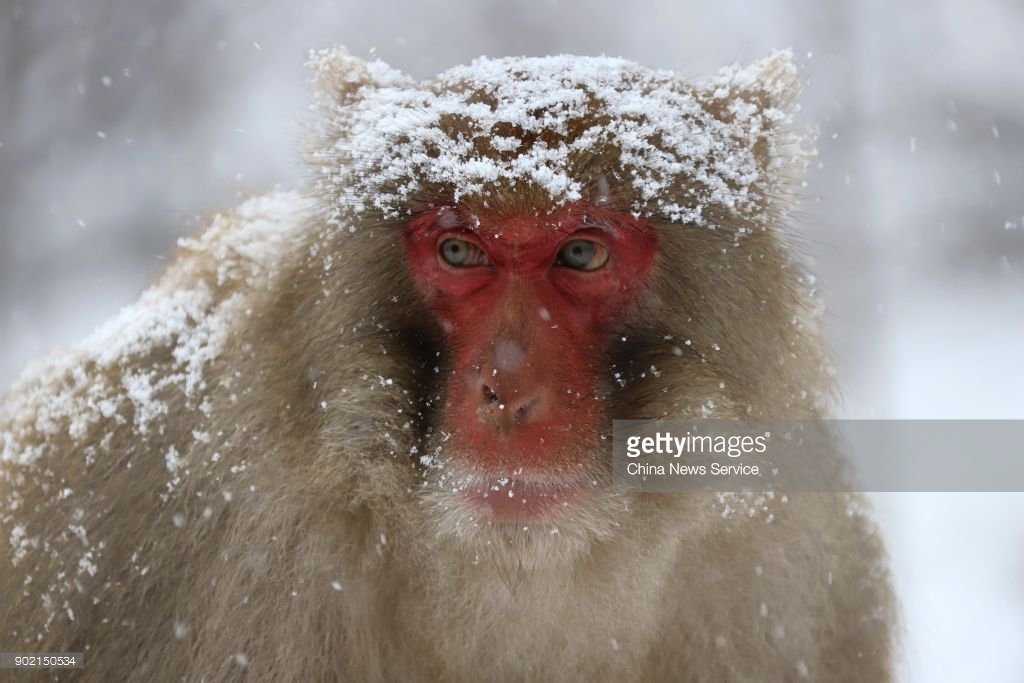
Rhesus macaques in the snow at a nature reserve in Jiyuan, China Photo: China News Service: image via Getty Images News @GettyImagesNews, 7 January 2018
Rhesus macaques in the snow at a nature reserve in Jiyuan, China Photo: China News Service: image via Getty Images News @GettyImagesNews, 7 January 2018

Rhesus macaques in the snow at a nature reserve in Jiyuan, China Photo: China News Service: image via Getty Images News @GettyImagesNews, 7 January 2018

Rhesus macaques in the snow at a nature reserve in Jiyuan, China Photo: China News Service: image via Getty Images News @GettyImagesNews, 7 January 2018

#Canada An observation point at the base of Niagara Falls in Niagara Falls, is covered in ice as the falls are illuminated by colored light Photo @geoffrobins #AFP : image via AFP Photo @AFPphoto, 10 January 2018
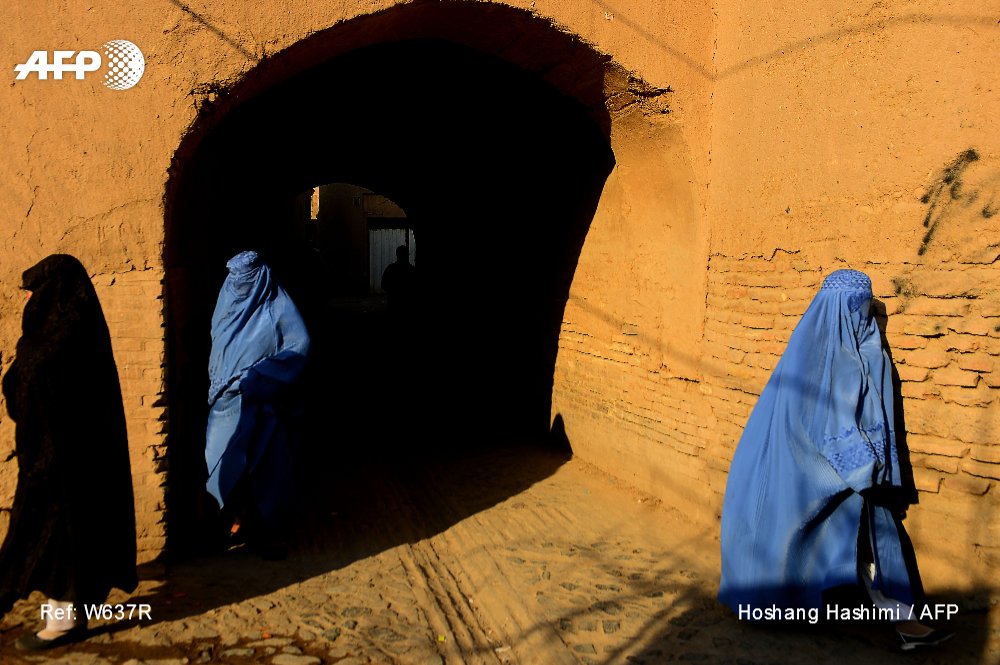
#Afghanistan A burqa-clad Afghan women walks in the old part of Herat. Photo @hoshangAP #AFP: image via AFP Photo @AFPphoto, 10 January 2018
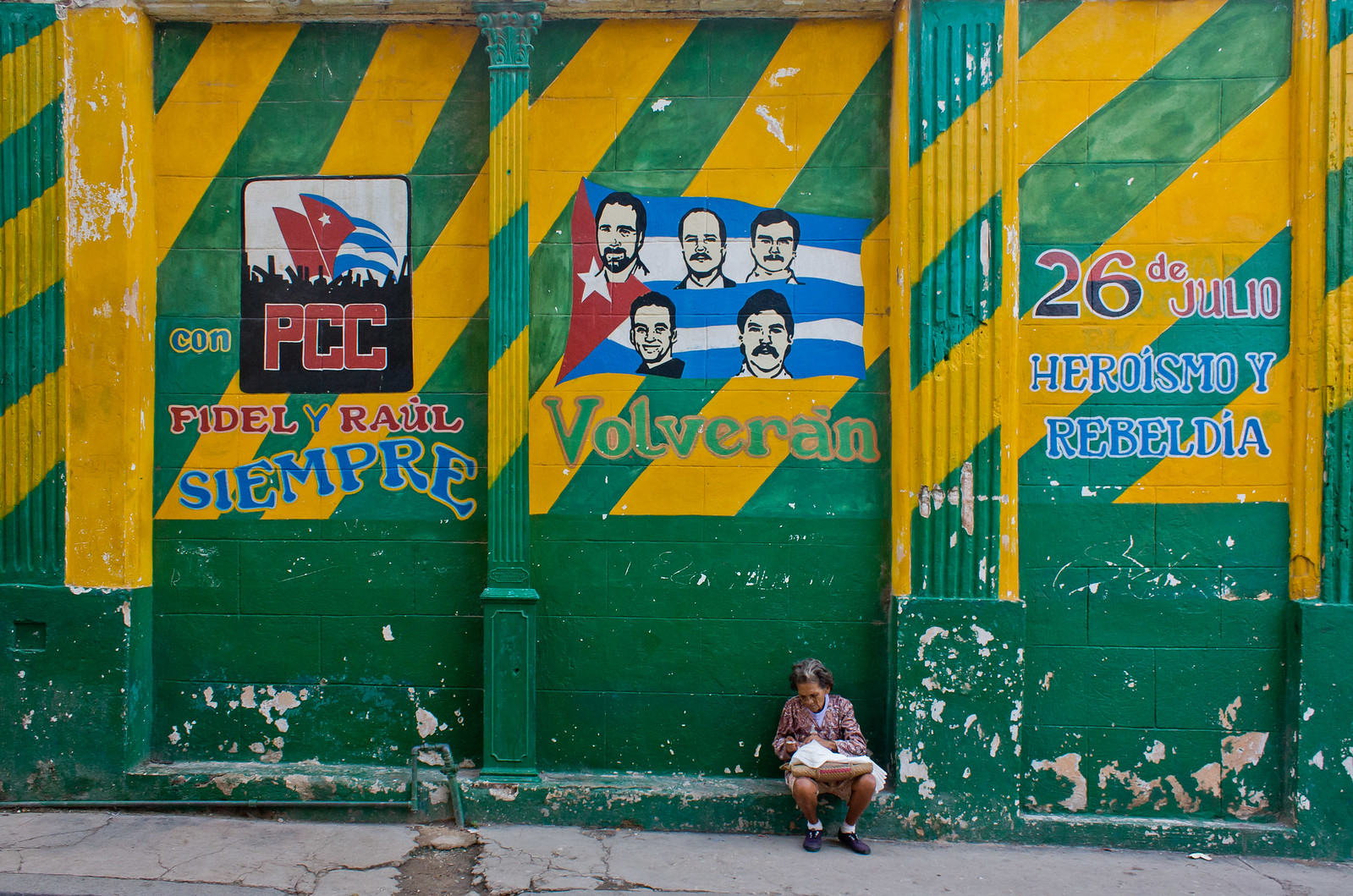
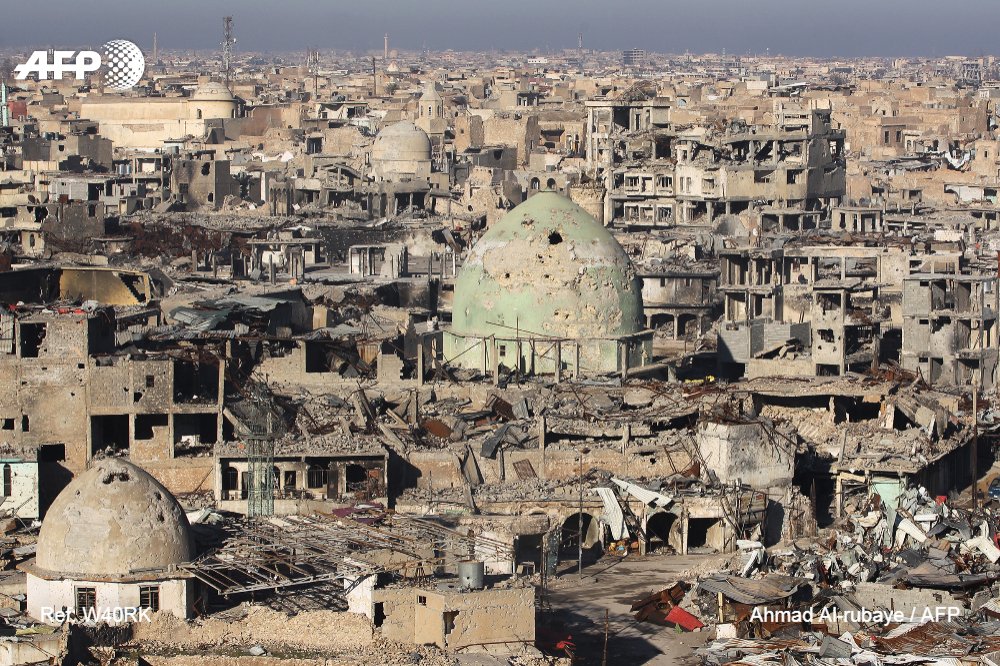
"Mosul's old heart in ruins six months after IS ousted" #AFP Photo Ahmad Al-Rubaye: image via AFP Photo @AFPphoto, 10 January 2018
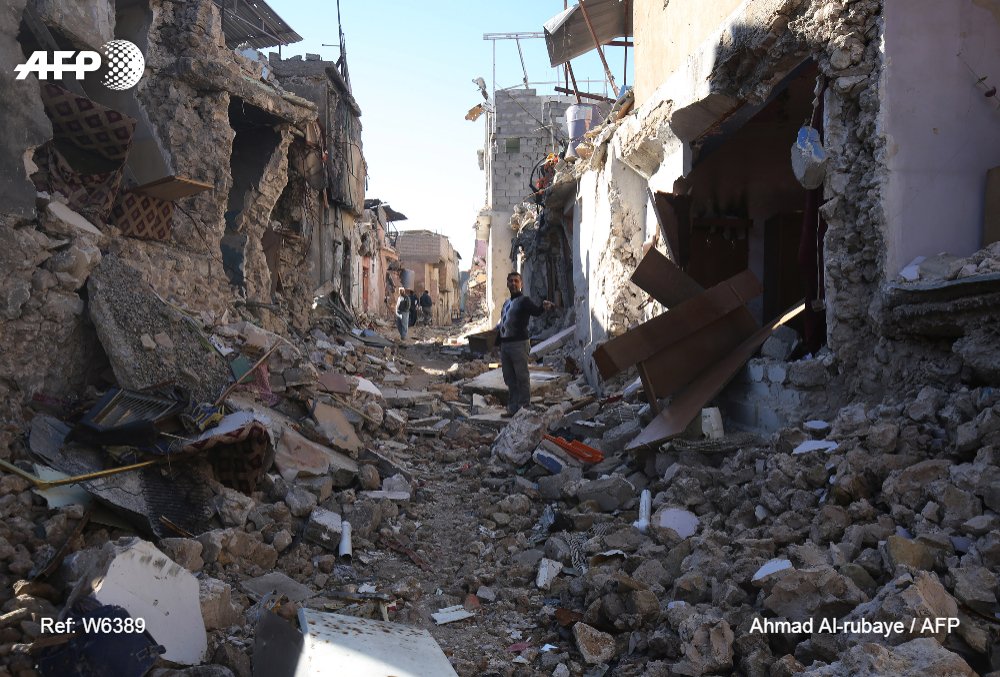
"Mosul's old heart in ruins six months after IS ousted" #AFP Photo Ahmad Al-Rubaye: image via AFP Photo @AFPphoto, 10 January 2018
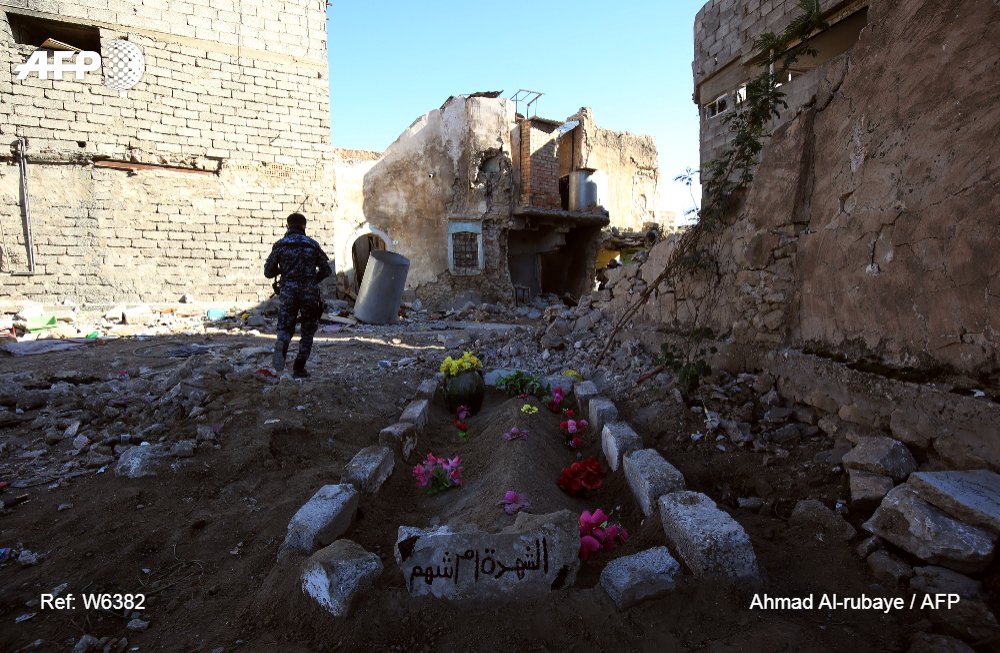
"Mosul's old heart in ruins six months after IS ousted" #AFP Photo Ahmad Al-Rubaye: image via AFP Photo @AFPphoto, 10 January 2018

"Mosul's old heart in ruins six months after IS ousted" #AFP Photo Ahmad Al-Rubaye: image via AFP Photo @AFPphoto, 10 January 2018
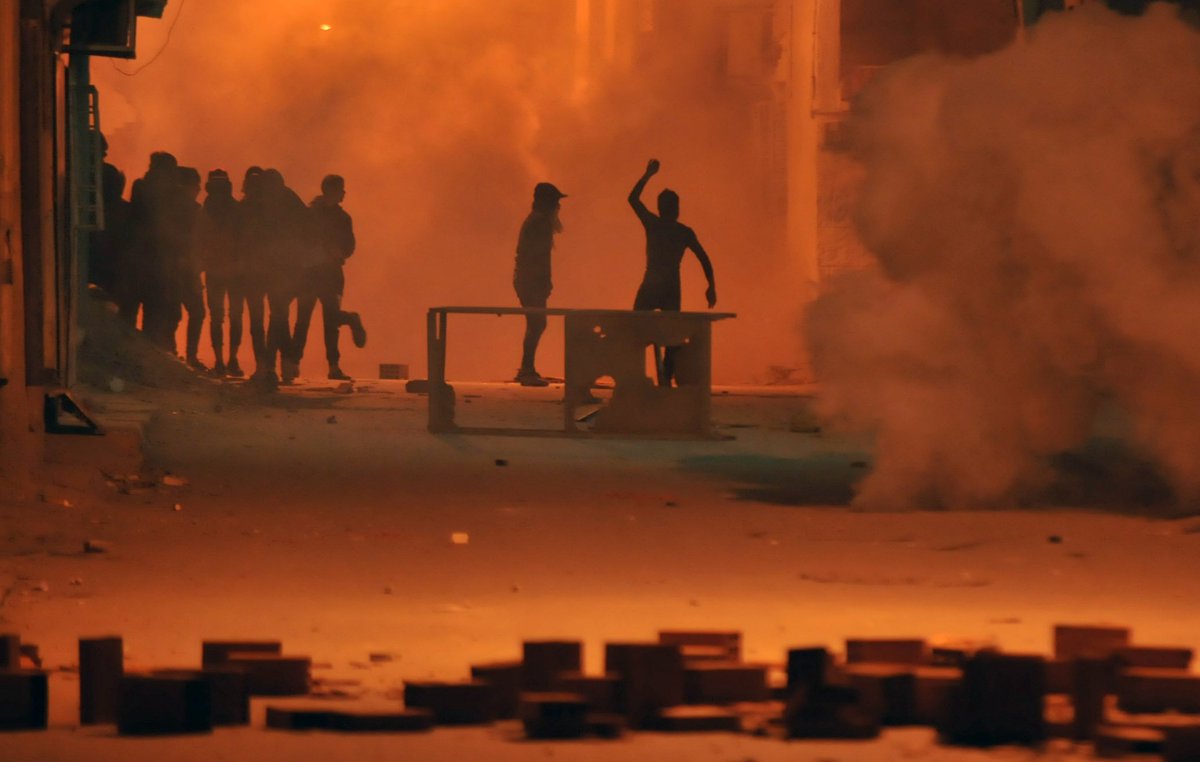
#Tunisia 200 arrested, dozens hurt in fresh Tunisia unrest Photo Sofien Hamdaoui #AFP: image via AFP Photo @AFPphoto, 10 January 2018
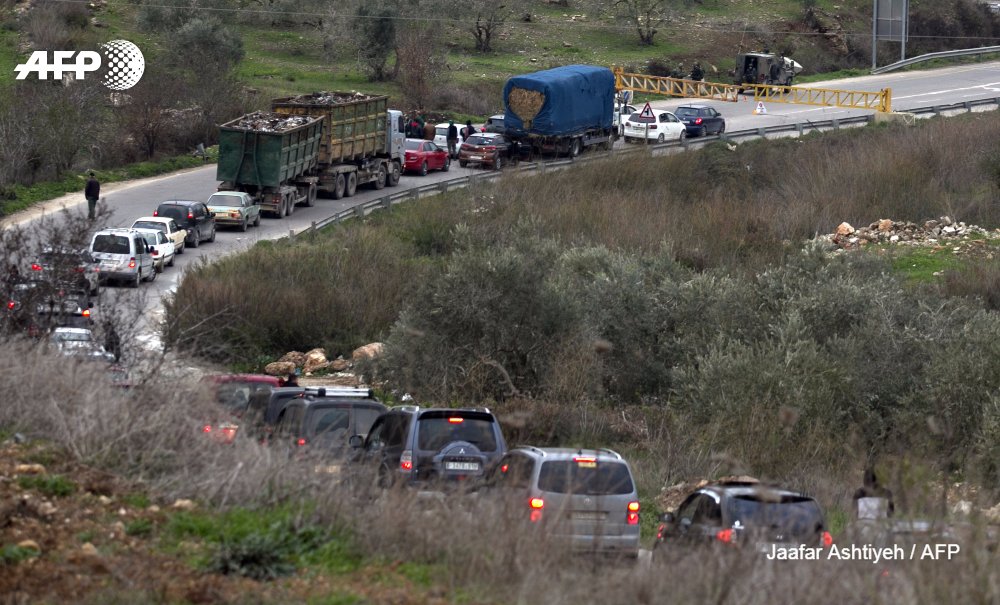
Israeli forces set up roadblocks and deploy near the northern West Bank city of Nablus in a manhunt for attackers who shot dead an Israeli settler, 35-year-old rabbi : image via AFP news agency @AFP, 10 January 2018
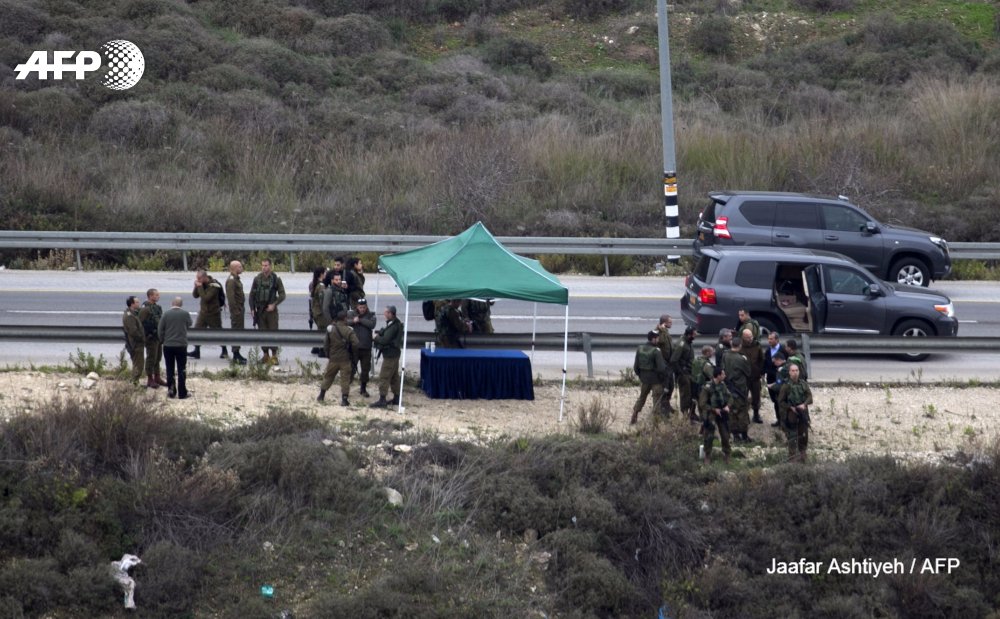
Israeli forces set up roadblocks and deploy near the northern West Bank city of Nablus in a manhunt for attackers who shot dead an Israeli settler, 35-year-old rabbi : image via AFP news agency @AFP, 10 January 2018
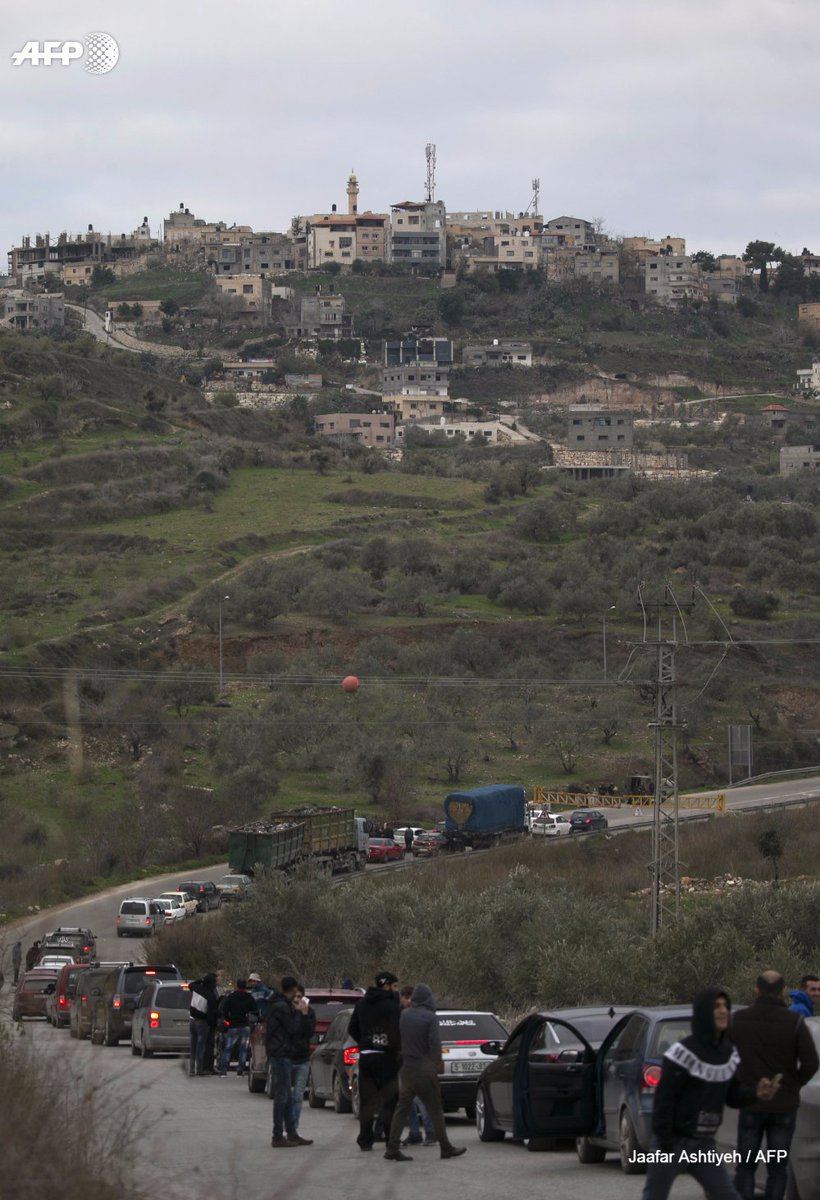
Israeli forces set up roadblocks and deploy near the northern West Bank city of Nablus in a manhunt for attackers who shot dead an Israeli settler, 35-year-old rabbi : image via AFP news agency @AFP, 10 January 2018


#India An Indian student looks into a rocket launcher during the Army Day celebration at a college in Chennai. #AFP: image via Frédérique Geffard @fgeffardAFP, 10 January 2018

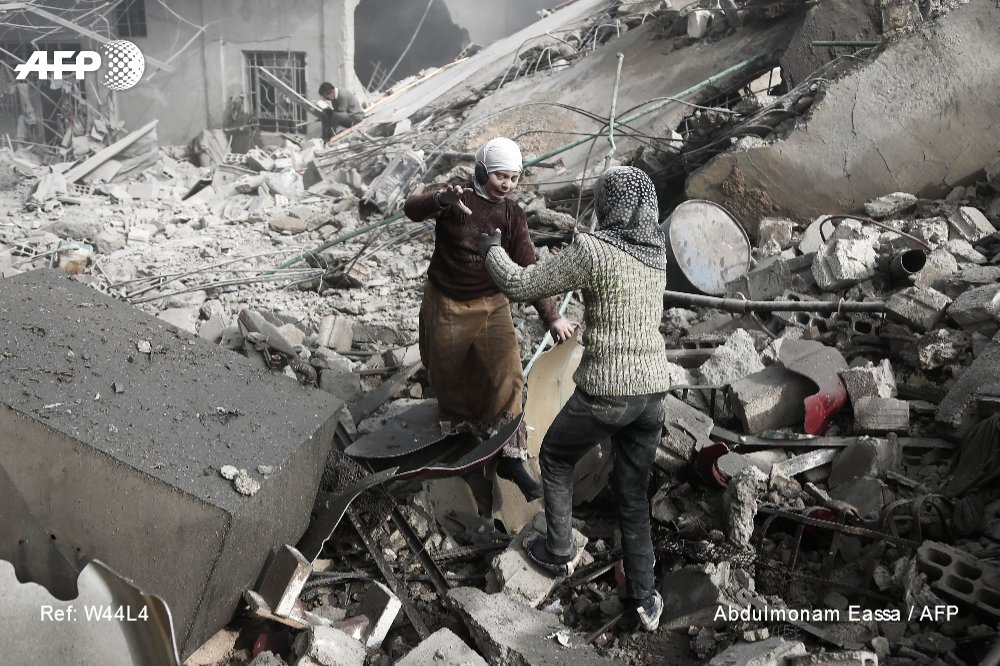
SYRIA - Two sisters run across the rubble to embrace after finding each other alive following an air strike on Hamouria, in the besieged rebel-held Eastern Ghouta area near Damascus. Photo @abdfree2#AFP: image via Frédérique Geffard @fgeffardAFP, 10 January 2018
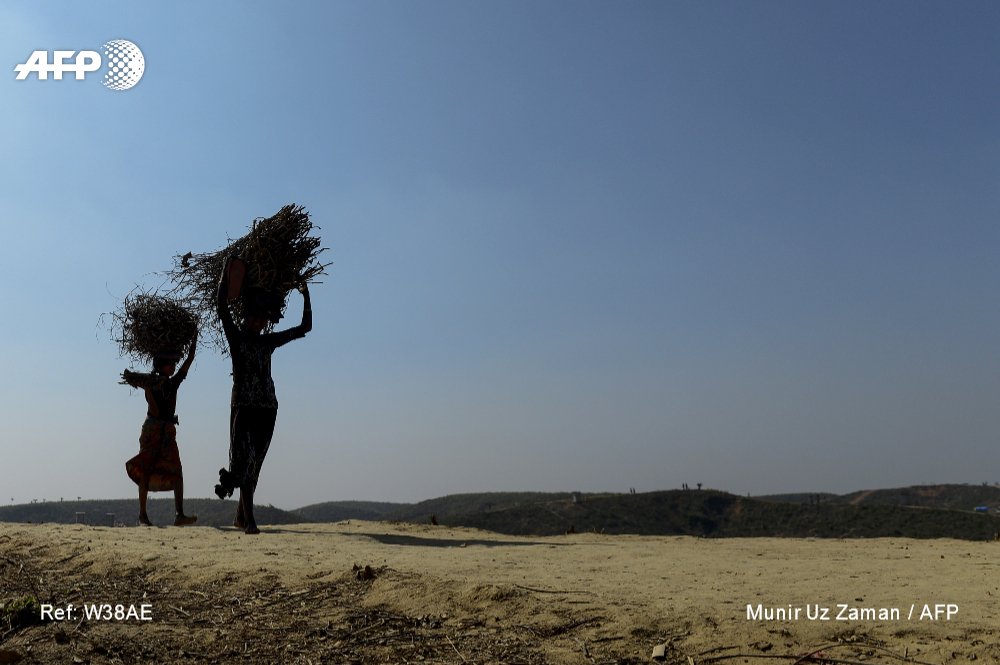
#Bangladesh Rohingya refugee children carry wood at Kutupalong refugee camp in the Bangladeshi district of Ukhia. Photo @uz_muni #AFP: image via Frédérique Geffard @fgeffardAFP, 10 January 2018

#Canada An observation point at the base of Niagara Falls in Niagara Falls, is covered in ice as the falls are illuminated by colored light Photo @geoffrobins #AFP : image via AFP Photo @AFPphoto, 10 January 2018

#Afghanistan A burqa-clad Afghan women walks in the old part of Herat. Photo @hoshangAP #AFP: image via AFP Photo @AFPphoto, 10 January 2018


"Mosul's old heart in ruins six months after IS ousted" #AFP Photo Ahmad Al-Rubaye: image via AFP Photo @AFPphoto, 10 January 2018

"Mosul's old heart in ruins six months after IS ousted" #AFP Photo Ahmad Al-Rubaye: image via AFP Photo @AFPphoto, 10 January 2018

"Mosul's old heart in ruins six months after IS ousted" #AFP Photo Ahmad Al-Rubaye: image via AFP Photo @AFPphoto, 10 January 2018

"Mosul's old heart in ruins six months after IS ousted" #AFP Photo Ahmad Al-Rubaye: image via AFP Photo @AFPphoto, 10 January 2018

#Tunisia 200 arrested, dozens hurt in fresh Tunisia unrest Photo Sofien Hamdaoui #AFP: image via AFP Photo @AFPphoto, 10 January 2018

Israeli forces set up roadblocks and deploy near the northern West Bank city of Nablus in a manhunt for attackers who shot dead an Israeli settler, 35-year-old rabbi : image via AFP news agency @AFP, 10 January 2018

Israeli forces set up roadblocks and deploy near the northern West Bank city of Nablus in a manhunt for attackers who shot dead an Israeli settler, 35-year-old rabbi : image via AFP news agency @AFP, 10 January 2018

Israeli forces set up roadblocks and deploy near the northern West Bank city of Nablus in a manhunt for attackers who shot dead an Israeli settler, 35-year-old rabbi : image via AFP news agency @AFP, 10 January 2018


#India An Indian student looks into a rocket launcher during the Army Day celebration at a college in Chennai. #AFP: image via Frédérique Geffard @fgeffardAFP, 10 January 2018

SYRIA - A woman pulls a cart loaded with pieces of metal in Syria's devastated city of Raqa. Photo @Delilsouleman#AFP: image via Frédérique Geffard @fgeffardAFP, 10 January 2018

SYRIA - Two sisters run across the rubble to embrace after finding each other alive following an air strike on Hamouria, in the besieged rebel-held Eastern Ghouta area near Damascus. Photo @abdfree2#AFP: image via Frédérique Geffard @fgeffardAFP, 10 January 2018

#Bangladesh Rohingya refugee children carry wood at Kutupalong refugee camp in the Bangladeshi district of Ukhia. Photo @uz_muni #AFP: image via Frédérique Geffard @fgeffardAFP, 10 January 2018
Chidiock Tichborne: The End

Blood on the Moon (1948): photo by hytam2, 1 April 2014
My prime of youth is but a froste of cares:
My feaste of joy, is but a dishe of payne:
My cropp of corne, is but a field of tares:
And all my good is but vaine hope of gaine:
The daye is gone, and yet I sawe no sonn:
And nowe I live, and nowe my life is donn.
The springe is paste, and yet it hath not sprong,
The fruite is deade, and yet the leaves are greene
My youth is gone, and yet I am but yonge
I sawe the woorld, and yet I was not seene
My threed is cutt, and yet it is not sponn
And nowe I lyve, and nowe my life is donn.
I saught my death, and founde it in my womb,
I lookt for life, and sawe it was a shade.
I trode the earth, and knewe it was my Tombe
And nowe I die, and nowe I am but made
The glasse is full, and nowe the glass is rune
And nowe I live, and nowe my life is donn.
My feaste of joy, is but a dishe of payne:
My cropp of corne, is but a field of tares:
And all my good is but vaine hope of gaine:
The daye is gone, and yet I sawe no sonn:
And nowe I live, and nowe my life is donn.
The springe is paste, and yet it hath not sprong,
The fruite is deade, and yet the leaves are greene
My youth is gone, and yet I am but yonge
I sawe the woorld, and yet I was not seene
My threed is cutt, and yet it is not sponn
And nowe I lyve, and nowe my life is donn.
I saught my death, and founde it in my womb,
I lookt for life, and sawe it was a shade.
I trode the earth, and knewe it was my Tombe
And nowe I die, and nowe I am but made
The glasse is full, and nowe the glass is rune
And nowe I live, and nowe my life is donn.
Chidiock Tichborne (c. 1558-20 September 1586): Tychbornes Elegie, written with his owne hand in the Tower before his Execution (1586)

Véronique et son Cancre (1958): photo by Aka Vetala (omoplata 1), 8 February 2014
The unfortunate Chidiock Tichborne came from a devout Catholic family. Tichborne and his father were more than once subjected to investigation by agents of Queen Elizabeth I, and one on occasion charged with possession and use of prohibited "popish" relics. In 1586 he attended meetings of a group of conspirators in an ill-conceived plot to assassinate the Queen and replace her with the Catholic Mary Queen of Scots. The plot was discovered by a double agent in the employ of Elizabeth's spymaster Francis Walsingham. Immobilized by a leg injury and unable to flee, Tichborne was stranded in London, arrested, locked up in the Tower, charged with treason, tried, and, after being found guilty, hanged, taken down while still fully conscious, had his "privities cut off", was "bowelled alive and seeing", then quartered. The poem was sent by the condemned man to his wife, Agnes, on the day before the gruesome execution.
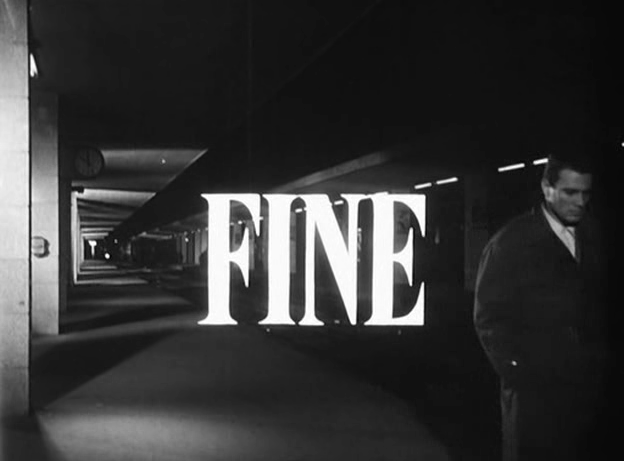
Le Amiche (1955): photo by Aka Vetala (omoplata 1), 4 February 2014

Mahanagar (1963): photo by Aka Vetala (omoplata 1), 10 September 2013
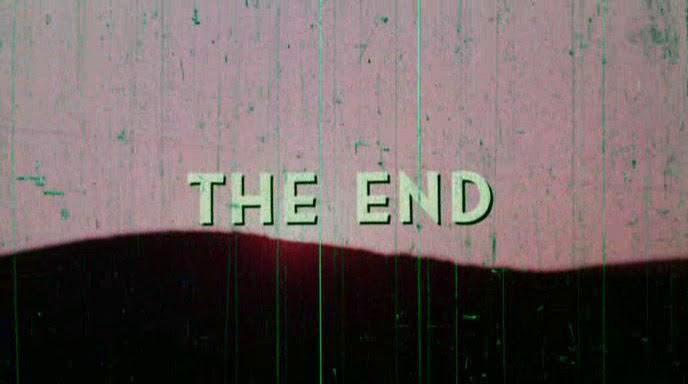
Mercy (1970): photo by Aka Vetala (omoplata 1), 22 October 2013
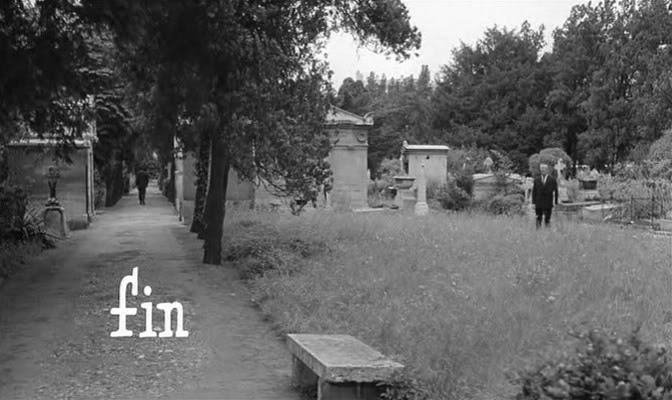
Un Nommé La Rocca (1961): photo by Aka Vetala (omoplata 1), 23 November 2013
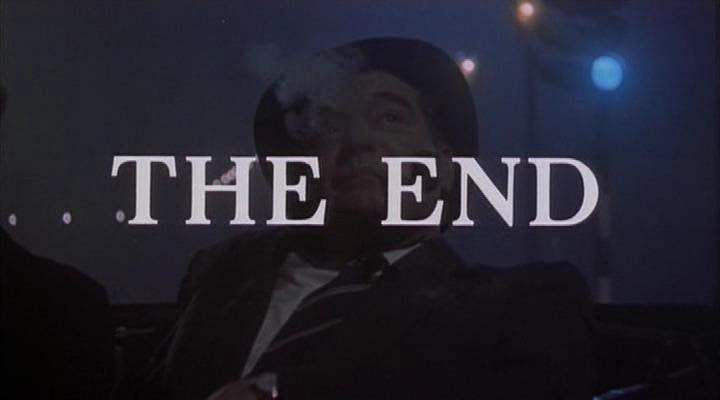
Gideon of Scotland Yard (1958): photo by Aka Vetala (omoplata 1), 20 April 2014
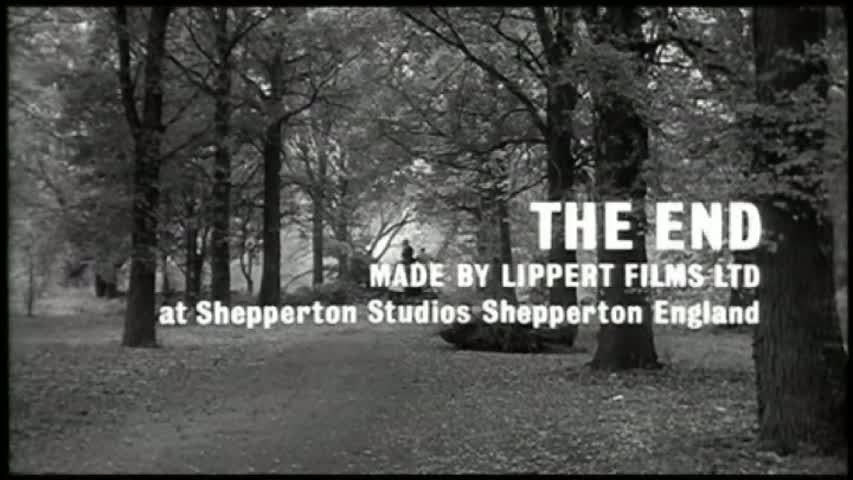
The Horror of It All (1964): photo by Aka Vetala (omoplata 1), 13 April 2014

The Horror of It All (1964): photo by Aka Vetala (omoplata 1), 13 April 2014

Chikaketsu renzoko reipu (1985): photo by Aka Vetala (omoplata 1), 21 October 2013

Warning Shot (1966): photo by Leo Garcia (LenhillAdvanced), 10 January 2014

El Pico (1983): photo by Aka Vetala (omoplata 1), 1 February 2014

El Pico (1983): photo by Aka Vetala (omoplata 1), 1 February 2014

The Sandpiper (1965): photo by Leo Garcia (LenhillAdvanced), 28 January 2014

Dentist on the Job (1961): photo by hytam2, 13 March 2014

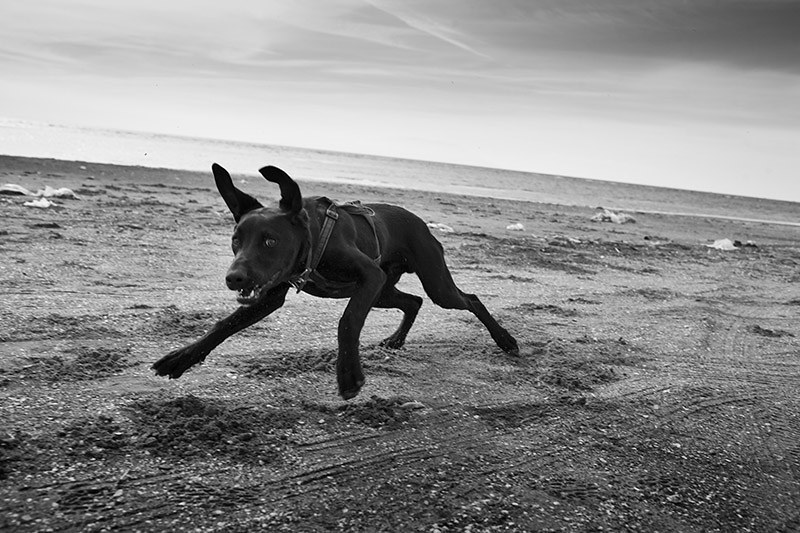
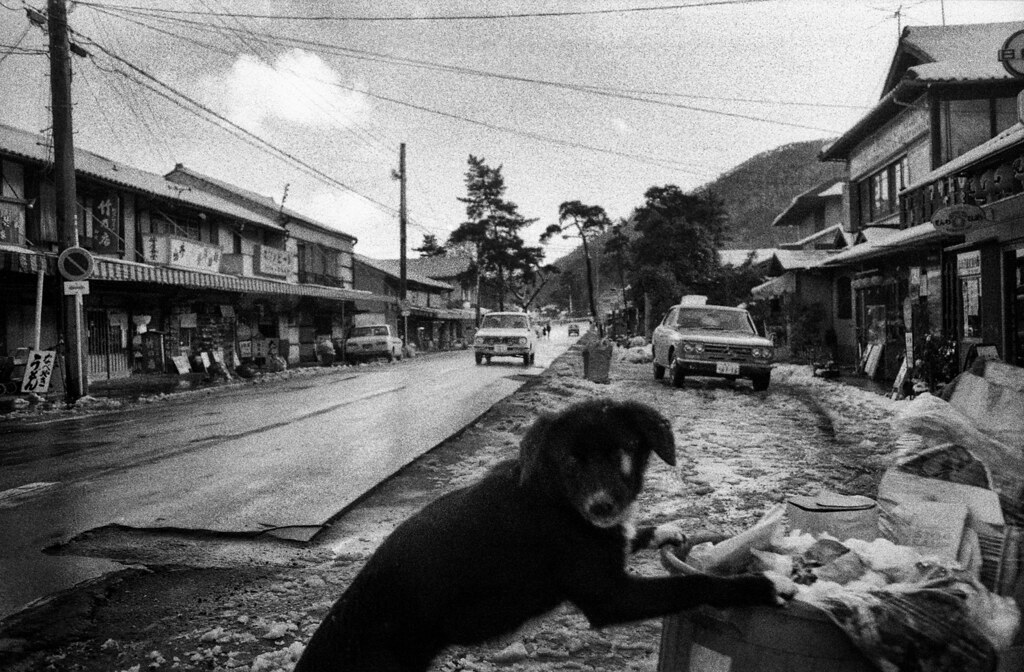
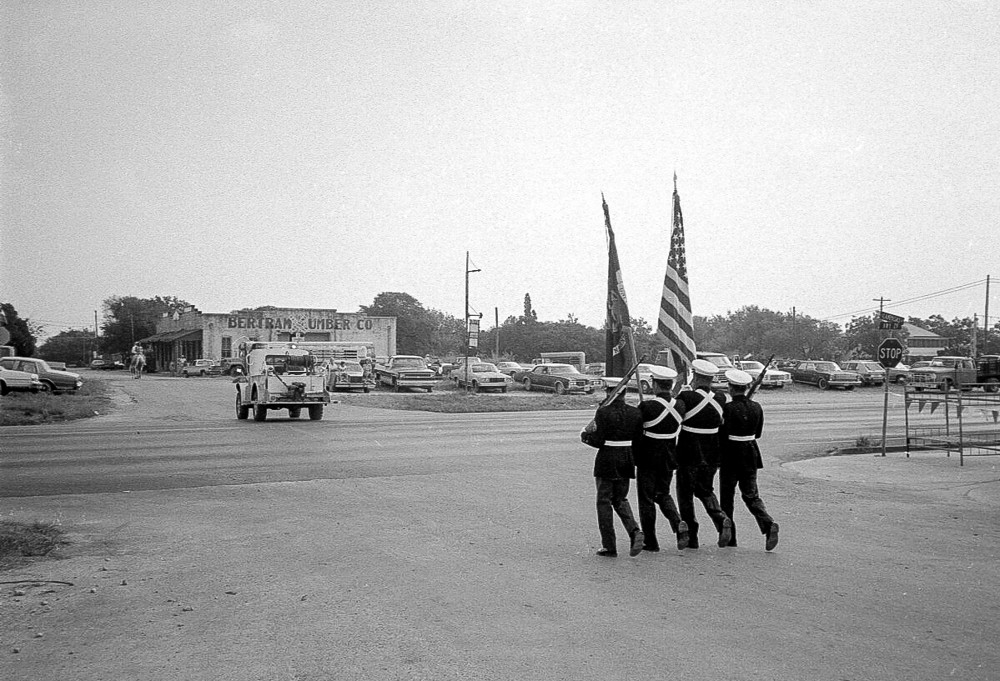
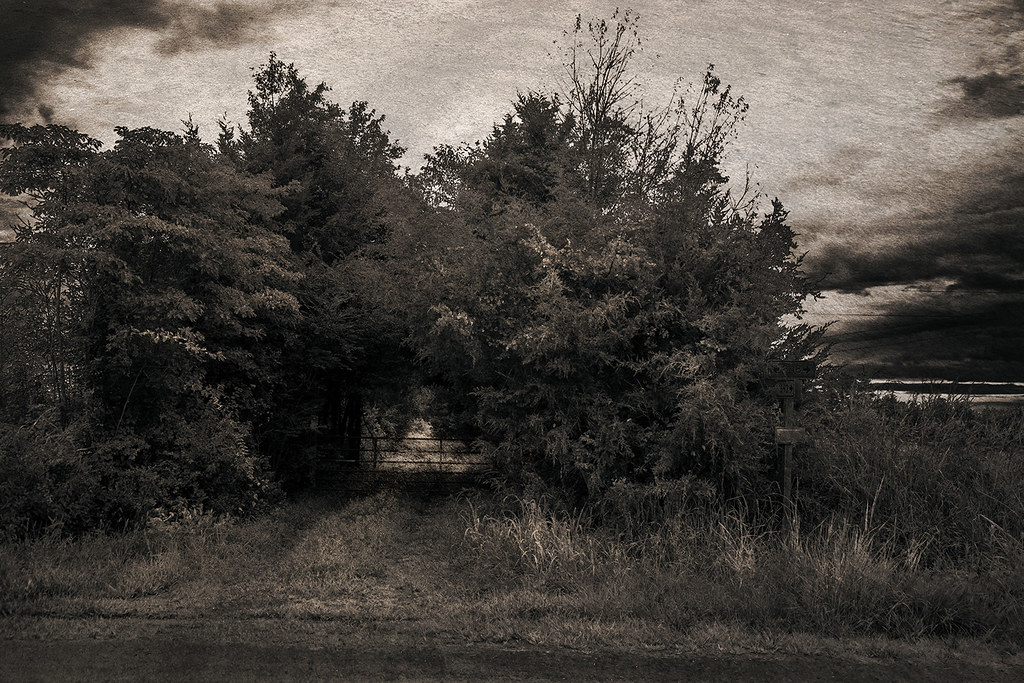
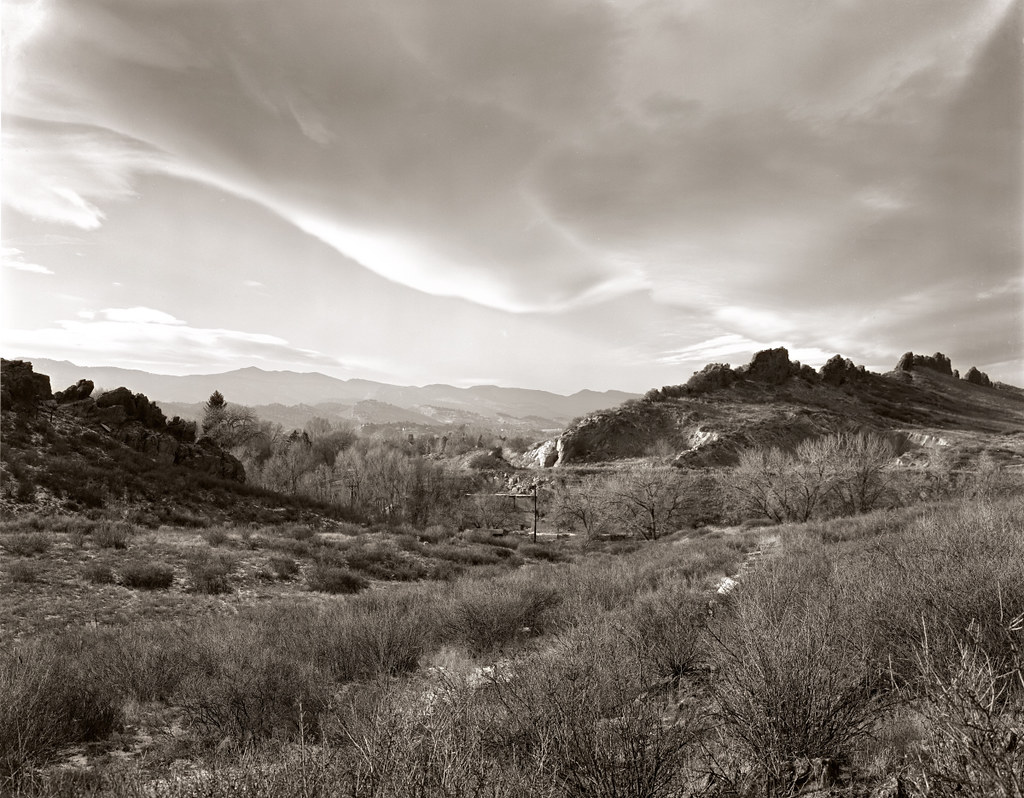
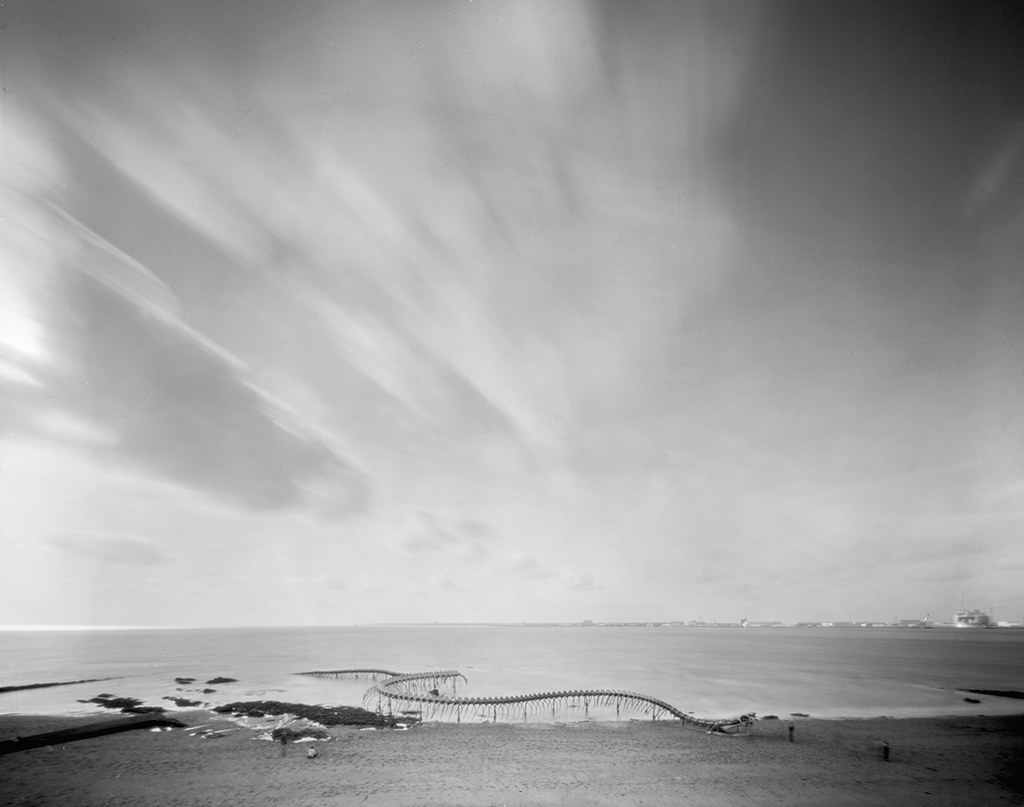
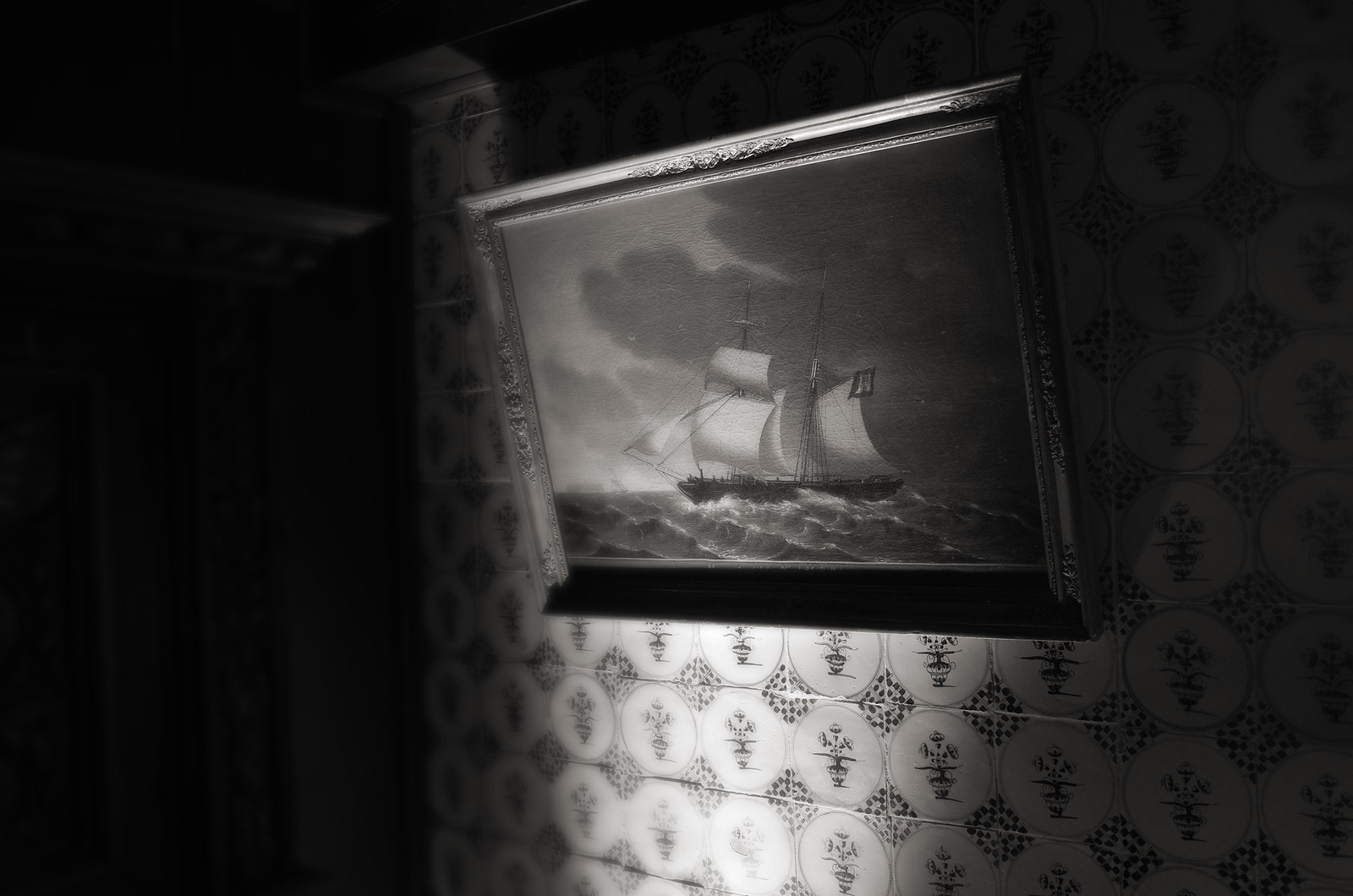
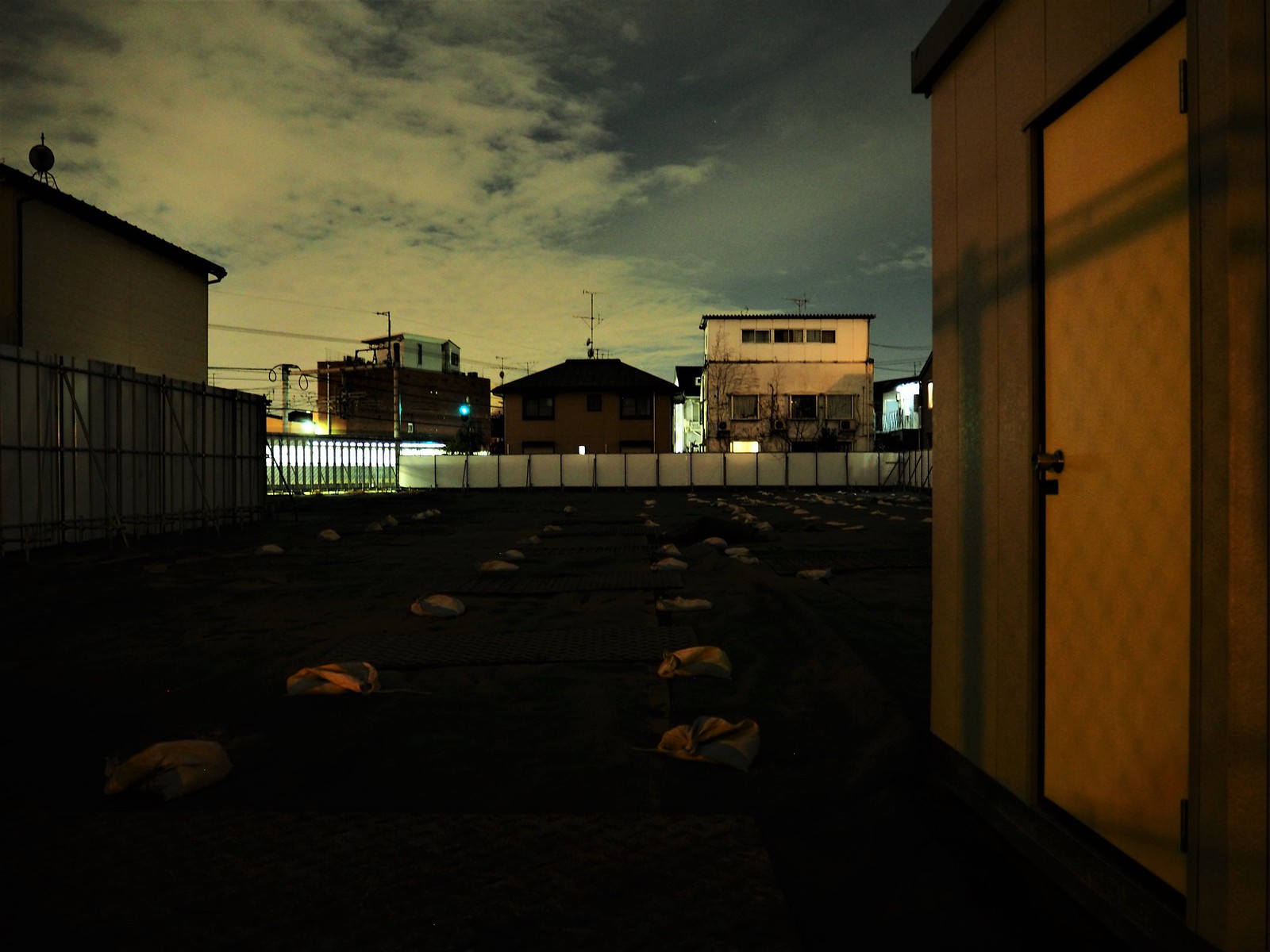






5 comments:
Boubacar Traoré & Ali Farka Touré: Duna Ma Yelema
Thanks, Tom. Every time I read that little masterpiece by Chidiock Tichborne I find myself moved. To have had the presence of mind to write such a clever, though heart-breaking, riddle of a poem under those circumstances is an extraordinary achievement.
Terry,
Yes, a bit of a shiver every time.
That sort of exquisite brutality seems to require the foundation of an absolute authoritarian power to allow it it operate. The Tudors had by then had at least a century of practise in such businesses, before Elizabeth, with the essential help of Francis Walsingham, refined them into a dark art.
On the other hand, as history shows, savage persecution, originating in programmatic intolerance, and exercised as institutional policy, tends to have a kind of rebound effect, over time -- increasing rather than diminishing the resolve of the victims. No one understood this better than the last of the Tudor monarchs. After the horror show of eviscerations, hangings and drawings and quarterings dealt out to the "conspirators" in St Giles' Fields, there seems to have been a reconsideration of policy.
Tichborne's punishment in particular was extreme -- though, again, merely after the manner of the rough justice not uncommonly dispensed to those of his contraband faith. Still news of Tichborne's grotesque and cruelly protracted death and, worse, of the rumours it had incited, evidently affected the Queen, who "forbade the recurrence" of this particularly gruesome mode of execution.
The poem was first printed in 1586, shortly after the poet's death. It quietly made a martyr of its author.
Predictably, a Royalist poet was assigned to hammer out a response. This was done by one "TK", now speculated to be the Elizabethan playwright Thomas Kyd:
Hendecasyllabon TK in Cygneam Cantionem Chidiochi Tychborne
Thy prime of youth is frozen with thy faults,
Thy feast of joy is finisht with thy fall:
Thy crop of corne is tares availing naughts,
Thy good God knowes, thy hope, thy hap and all.
Short were thy daies, and shadowed was thy sun,
T'obscure thy light unluckelie begun.
Time trieth trueth, & trueth hath treason tript,
Thy faith bare fruit as thou hadst faithless beene:
Thy ill spent youth thine after yeares hath nipt,
And God that saw thee hath preserved our Queen,
Her thred still holds, thine perisht though unspun,
And she shall live when traitors lives are done.
Thou soughtest thy death, and found it in desert,
Thou look'dst for life, yet lewdlie forc'd it fade:
Thou trodst the earth, and now in earth thou art,
As men may wish thou never hadst beene made.
Thy glorie and thy glasse are timeles runne,
And this, O Tychborne, hath thy treason done.
As to poor Tichborne's state of mind at the time of composition of his elegy for himself -- which surely occurred during his period of incarceration in the Tower, awaiting an execution whose exact parameters were hopefully still unclear to him, though it may or may not have actually been on the eve of the hideous event -- we can but guess.
There is Samuel Johnson's remark, quoted by Boswell, "Depend upon it, sir, when a man knows he is to be hanged in a fortnight, it concentrates his mind wonderfully."
By the by, for those interested in "the facts of the case": the conspiracy was known as "The Babington Plot", and Chidiock Tichborne was never more than a bit player, sitting in with others, as pictured in Charles Nicholl's enthralling The Reckoning: The Murder of Christopher Marlowe, at sessions of "wild talk -- heads filled with wine, with dreams of Catholic rebellion, with an overheated, cultish devotion to the imprisoned Queen Mary -- but what shape it had in terms of real action was largely provided by the government itself, whose agents infiltrated the conspiracy not so much to destroy it, as to encourage it."
The principal conspirators were Anthony Babington, who, it seems, had been inspired, as a page-boy in the Earl of Shrewsbury's household, by a passing glimpse of Mary; a wandering outlaw priest named John Ballard; and one John Savage, who, at Rheims, had been said to have sworn a solemn oath to kill the English queen.
The object of Walsingham's strategy was entrapment of supporters of Mary.
"In the words of a priest named Davis, who was with Babington on the night before his capture, the plot was a 'tragedy', in which 'the chief actor and contriver' was Sir Francis Walsingham. This is a partisan view, but on the evidence it is true enough. The Babington affair was classic piece of Walsingham 'projection': a piece of political theatre, conjured up for reasons of cynical expediency."
If as I've said the exact moment of its composition during his stay in the Tower (from his arrest on 14 August to his execution on 20 September) is unknown, it is certain that Tichborne's poem was included in the letter to his wife dated 19 September.
Walsingham, as Charles Nicholl persuasively argues, had deliberately kept the developing plot "in play", allowing the conspirators to further entrap themselves for some weeks (with his agent Robert Poley embedded in their midst and reporting back to him even while urging the plot on), until he came to fear that the central figure, Anthony Babington, might be about to slip away. The net was then drawn closed. One of the ringleaders, John Ballard was arrested on 4 August. The other conspirators scattered. Warrants were issued, watches set on the main roads out of London. After a few days in hiding, Tichborne, gamey leg and all, attempted with two others to travel south. They were quickly intercepted. Babington and a couple of others headed north, and joined up in the wilds of St John's Wood, where they lived rough for eight days before being captured after seeking food and refuge with a Catholic family near Harrow. When seized, they were hid in a barn, wearing coarse smocks and with hair shaved off, after the manner of itinerant labourers. Their return, under close guard, to London, was greeted by celebratory ringing of church bells, in thanksgiving for the Queen's supposed deliverance.
Some of those involved in the conspiracy had slipped away to France. The captive plotters, already very much the worse for the several hardships of their various unsuccessful escape attempts, were now subjected to "interrogation" (which included searches and questioning of wives, mothers, servants, messengers, bystanders and friends). One of the men thus "questioned", John Ballard, had been tortured so badly he could not stand, and had to be brought into court in a chair.
The court of treason convened on 13 September. Two days later the list of defendants was extended beyond the original seven to include another seven, charged as co-conspirators or accessories. The latter group included one of two brothers charged with harbouring the fugitives. A second brother was said to have "strangled himself" while in custody awaiting trial.
The executions were conducted over two days, upon a gallows constructed for the occasion, on St Giles's Fields. The doomed men were dragged through the streets on sleds en route to the show, with street rabble shouting well-oiled calls of derision and exhortations to repent.
Chidiock Tichboune was fourth of the seven men to be executed on the first day. The course of the executions was approximately the same from man to man, with some nuances demanded by special circumstance. A cart was drawn up, a man hung for some moments, just long enough to swing a few times, before the cart was driven away. The men, still alive were then cut down for butchering -- though the largest of them, the intensely committed John Savage, had broken the rope on his first swing, and had to be eviscerated without even the convincing theatrical appearance of being hung.
The executions on the next day were comparatively merciful. Those hung were left to dangle till "quite dead" -- this as a magnanimous gesture of humanity on the part of the Queen.
An official explanation of the change in execution methods was issued:
"The Queen, being informed of the severity used in the executions the day before, and detesting such cruelty, gave express orders that these should be used more favourably."
Post a Comment